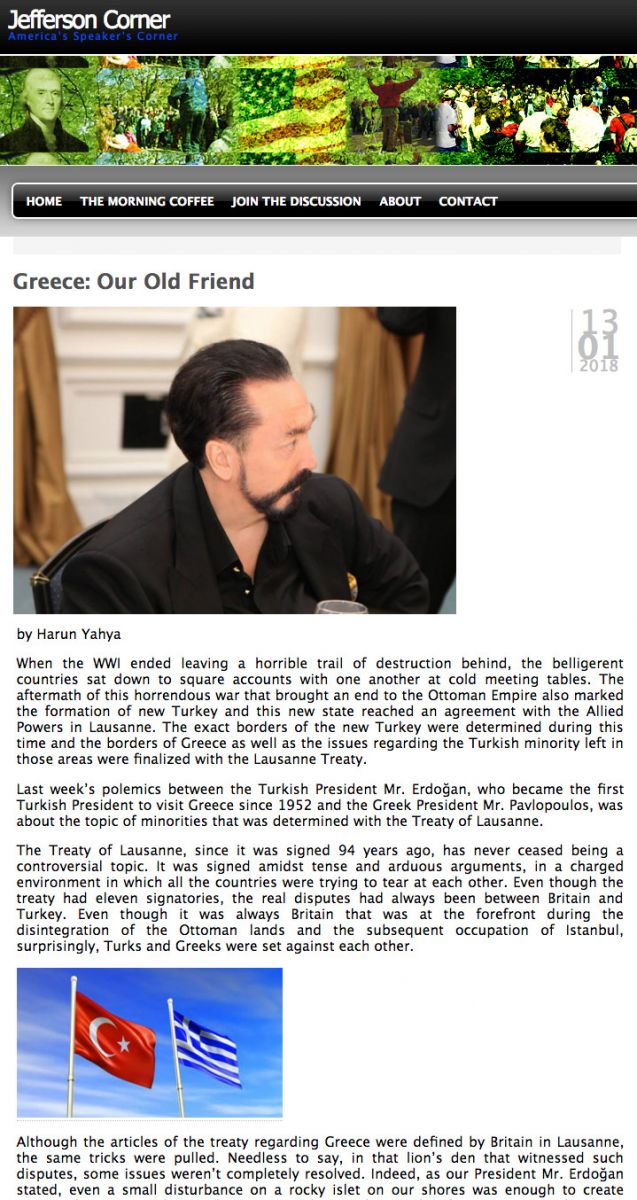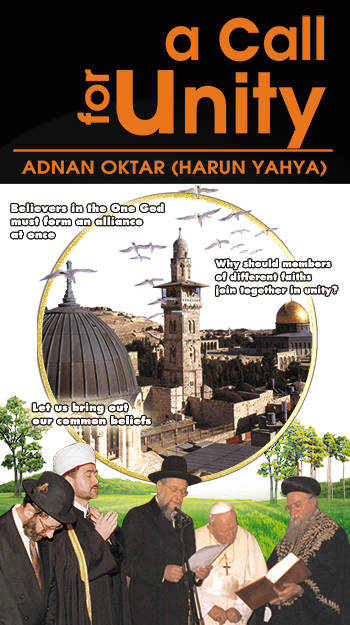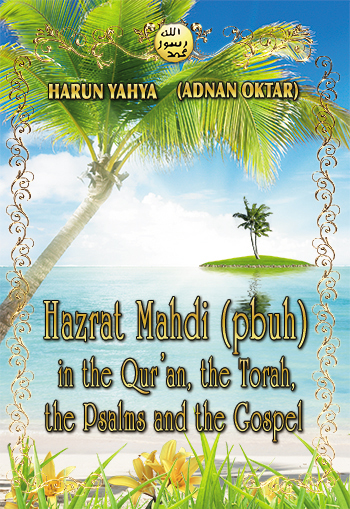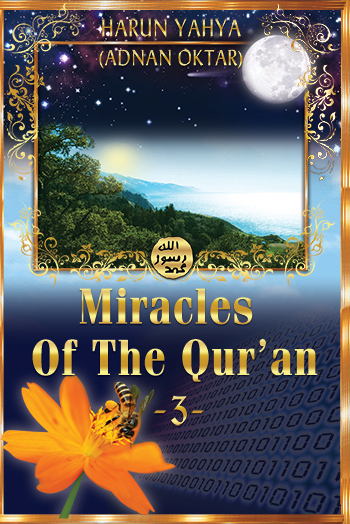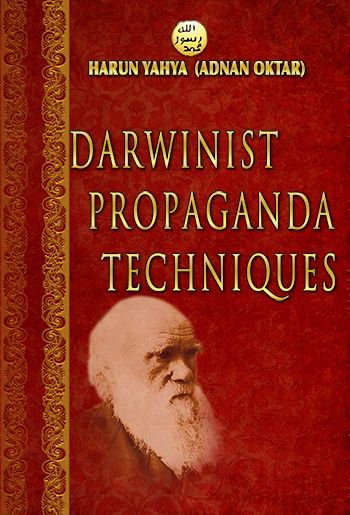Bigotry: The Dark Danger
Greece: Our Old Friend
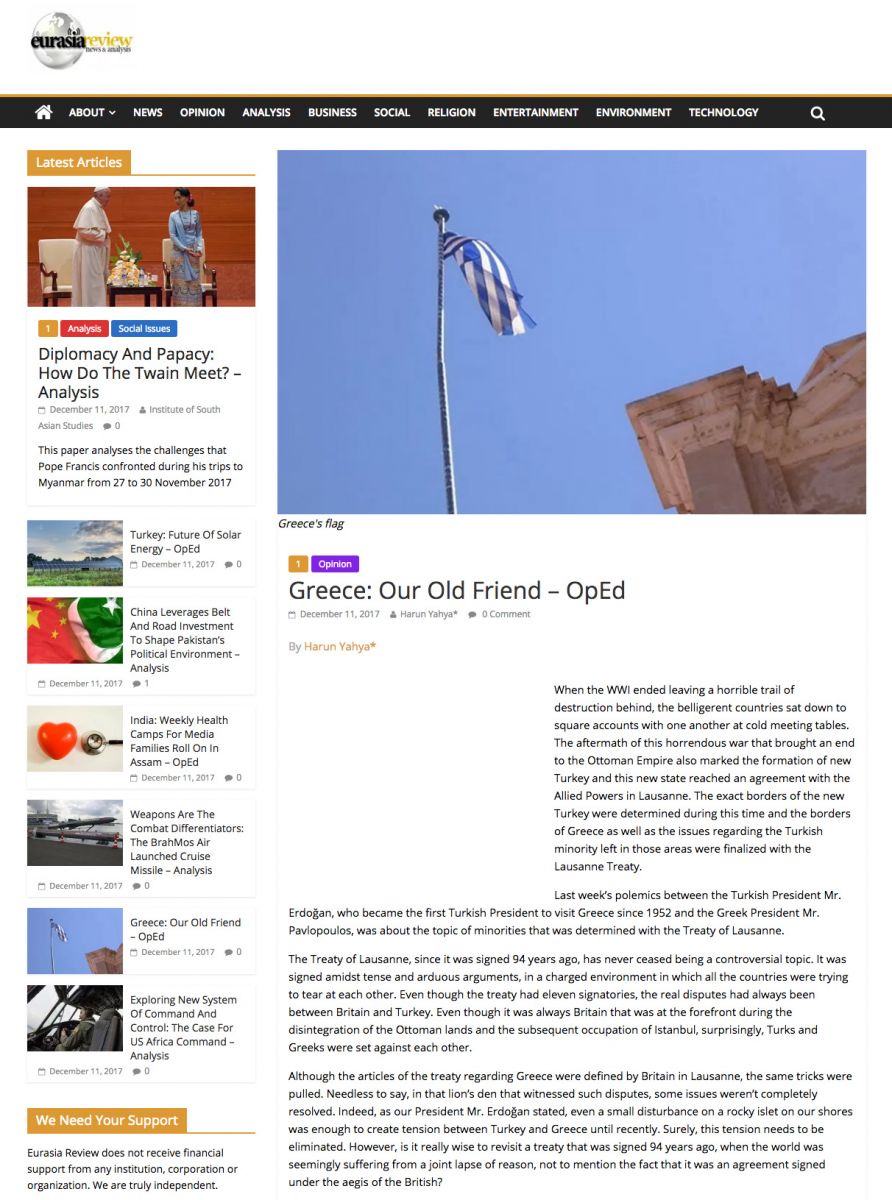
When the WWI ended leaving a horrible trail of destruction behind, the belligerent countries sat down to square accounts with one another at cold meeting tables. The aftermath of this horrendous war that brought an end to the Ottoman Empire also marked the formation of new Turkey and this new state reached an agreement with the Allied Powers in Lausanne. The exact borders of the new Turkey were determined during this time and the borders of Greece as well as the issues regarding the Turkish minority left in those areas were finalized with the Lausanne Treaty.
Last week’s polemics between the Turkish President Mr. Erdoğan, who became the first Turkish President to visit Greece since 1952 and the Greek President Mr. Pavlopoulos, was about the topic of minorities that was determined with the Treaty of Lausanne.
The Treaty of Lausanne, since it was signed 94 years ago, has never ceased being a controversial topic. It was signed amidst tense and arduous arguments, in a charged environment in which all the countries were trying to tear at each other. Even though the treaty had eleven signatories, the real disputes had always been between Britain and Turkey. Even though it was always Britain that was at the forefront during the disintegration of the Ottoman lands and the subsequent occupation of Istanbul, surprisingly, Turks and Greeks were set against each other.
Although the articles of the treaty regarding Greece were defined by Britain in Lausanne, the same tricks were pulled. Needless to say, in that lion’s den that witnessed such disputes, some issues weren’t completely resolved. Indeed, as our President Mr. Erdoğan stated, even a small disturbance on a rocky islet on our shores was enough to create tension between Turkey and Greece until recently. Surely, this tension needs to be eliminated. However, is it really wise to revisit a treaty that was signed 94 years ago, when the world was seemingly suffering from a joint lapse of reason, not to mention the fact that it was an agreement signed under the aegis of the British?
Surely not. Classic politics and cautious diplomacy might require approaching state matters and international treaties in the light of past treaties. However, our world today can no longer afford classic political maneuvers. As a matter of fact, no country of the world has truly achieved any solution through those methods. Especially today, when almost every part of our world is somehow suffering from problems that need urgent solutions, it is clear that the strategy needs to change and friendships need to be preferred to old, harsh political narratives.
Turkey and Greek are two fraternal countries and Turks and Greeks are two fraternal nations. The two people are similar to each other in many ways; our traditions, customs, our cuisines, music, culture, family relations, hospitality, loyalty, our strong sense of friendship and brotherhood are very similar to each other; Turks and Greeks are like two peas in a pod. There are many Greek people with Turkish blood in their veins and many Turks with Greek blood in theirs. In other words, Greeks are our brothers, sisters, friends and relatives.
However, a sinister plot has targeted these two fraternal nations for a very long time and both sides fail to understand how they ever fell for it. Therefore, the visit of the Turkish President Mr. Erdoğan after 65 years is of crucial importance. The visit was intended to eliminate the artificial discord and in fact, took place in a friendly atmosphere despite the negative coverage in the media that focused only on the short political argument that took place. This coverage and emphasis only serve the interests of those circles that seek to create discord. It is crucial to expose this plot.
Friendships are built on mutual love, cooperation and trust. Turkey and Greece, before anything else, should focus on strengthening this spirit of love that has been ripped from them all those years ago. They should set aside the classical politics and say; ‘we are friends, brothers and sisters, we always trust each other’. In order to do this, political moves should be dropped, and foundations of friendship should be built with love and respect. Turkey’s first step is important in this regard.
Once the political constraints are removed and true friendships are formed, the rest will come very easy. Then the Aegean islets or the complications regarding minority rights will not be an issue. The lands of each country will be mutually respected and protected by both parties, while the two people will be considered the citizens of both countries.
It is also crucial to open the borders with Greece and to develop together through trade and tourism. Greek support for Turkey’s EU membership is commendable and is an important gesture of friendship. Needless to say, when Turkey becomes a EU member, the borders will be automatically opened and the two friendly countries will have even stronger cultural and trade ties.
However, the EU is going through difficult times and considers economically weaker countries like Greece a burden. Especially the representatives of the far-right parties in the European Parliament push for extremely harsh policies for the aforementioned countries. The EMF (European Monetary Fund), intended to offer financial support to Eurozone regions experiencing financial difficulties in the EU, is planned to operate just like the International Monetary Fund (IMF). Although this is portrayed as ‘aid’, it also means making the said countries heavily indebted and in a sense, bringing about their downfall.
When this is the case, if Greece chooses to leave Eurozone or EU, there is no doubt that it will highly benefit from directly opening borders with Turkey and starting a new path of development through joint trade. When a strong friendship is established, projects created mutually will achieve good results and no political rhetoric, individual or country will be able to draw a wedge between these two friends.
For these reasons, it is crucial that this meeting, which started with true intentions of extending a friendly hand, before it was eclipsed by arguments about Lausanne, is repeated. As a matter of fact, it would be great if Greek President Pavlopoulos and Prime Minister Tsipras are invited to Turkey when the media coverage is still fresh. This invitation will demonstrate that the two countries are committed to friendship, more than to political wins and are determined to foil the plots of those who are profiting from Turkey-Greece discord.
It is crucial that these visits take place frequently – if possible on a monthly basis – and be supported with friendship and trade agreements, so that any plots will be exposed through a display of true friendship. Turkey aims to help Greece develop and get stronger together with it, regardless of those circles that wish to profit from the fall of Greece.
Adnan Oktar's piece in Eurasia Review (USA) & Jefferson Corner (USA):
http://www.eurasiareview.com/11122017-greece-our-old-friend-oped/
http://www.jeffersoncorner.com/greece-our-old-friend/
